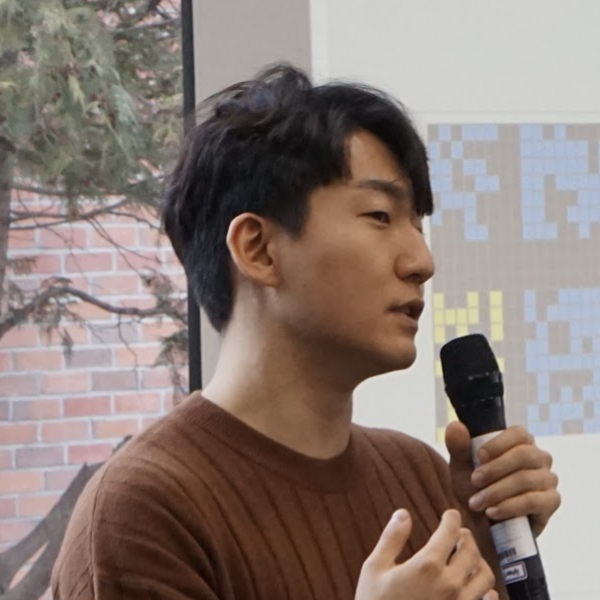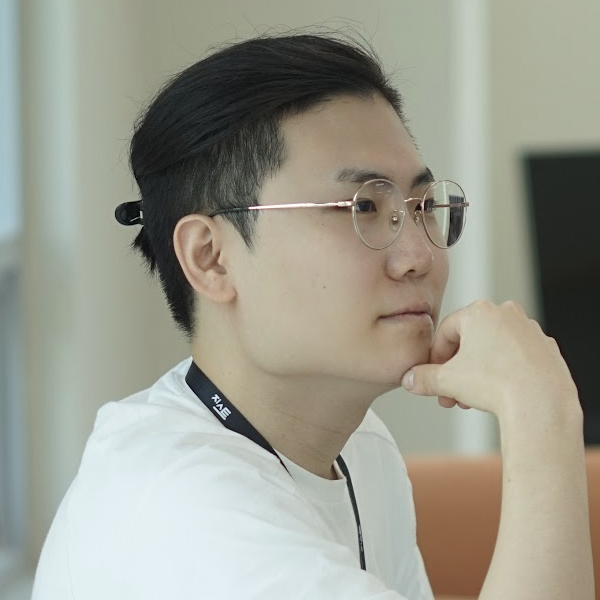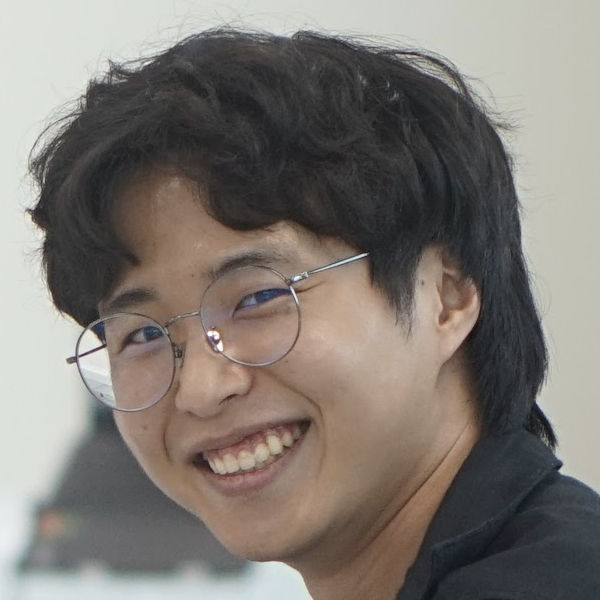Class Information
Back to the ML/DL Course - 2024 Fall (AI5213)
Course Outline
This course is an introductory course on traditional statistical machine learning. Topics include: linear regression, classification, sampling methods, model selection, tree-based methods, support vector machine, survival analysis, hypothesis testing, unsupervised learning, and deep learning . Prior knowledge in basic statistics and programming (Python) is recommended.
Course Codes: AI5213 / EC4213 / AI4021 / CT5303 / ET5402 / FE5402
Staff
Professor
TAs
- Communication: The course schedule and all resources (e.g. lecture slides, discussion worksheets) will be posted on the course website. All class discussions, announcements and other communication will take place via Ed Discussion. Use the public comments if your question is relevant to the course material. We aim to respond to questions within 2 business days, often sooner. If you need to contact the course staff, please make a private question on Ed instead of sending a personal email.
Useful Links
- Access the EC4213/AI5213 Ed Discussion forum. If you haven’t already been added to the class, use this invitation link.
- Submit your assignments at the AI5213/EC4213 Gradescope. If you need the entry code, find it on Ed Discussion in the post entitled “Gradescope invitation link”
Textbook & References
- Introduction to Statistical Learning with Applications in Python (ISLP)
- ISLP Labs
- Elements of Statistical Learning (ESL)
- Video lectures of the authors
- ISLP Python Labs lecture
Homeworks
Submit your assignments at the AI5213/EC4213 Gradescope.
- HW 1 is due Sunday, Sep 29 at 11:59PM
- HW 2 is due Sunday, Oct 27 at 11:59PM
- HW 3 is due Sunday, Nov 24 at 11:59PM
- HW 4 is due Sunday, Dec 15 at 11:59PM
Exams
There will be two exams. All exams will be closed book with a single A4-size (both sides) crib sheet. Be sure that the crib sheet must be handwritten. A printed crib sheet created by an iPad is not allowed. After the exam, you must submit the crib sheet together with your exam sheet. Any other materials are not allowed (e.g., mobile phone, iPad, laptop, books).
- The midterm will take place on Monday, Oct 28, 1:00pm (Venue: TBD, 100 minutes)
- The final exam will take place on Monday, Dec 16, 1:00pm (Venue: TBD, 140 minutes)
Exams will cover material from lecture, homework, book, and equivalent.
- For midterm, ISLP Ch.1-8 and relevant materials will be covered.
- For finals, ISLP Ch.9-13, Ch.1-8 and relevant materials will be covered.
Exam Conflicts and Makeups: Exam makeups will only be scheduled for approved conflicts. If you have a conflict with any of the exams, let us know as soon as possible. Examples include:
- Acceptable reason for makeup: Presenters at NeurIPS-24 Workshops (Dec 14-15), Funeral of a family member or close relative.
- Unacceptable reason for makeup: Heavy exam schedule on the same day (e.g., having exams Dec 16 9am-12pm and 4pm-7pm).
Late Policy
The policy is simple: there are no slip dates. If assignments are late, they are increasingly penalized as follows: within 24 hours, you lose 10%; within 48 hours, you lose 20%; within 72 hours, you lose 40%. More than three days late, you can no longer hand-in the assignment.
Gradings
You will earn A if (but not only if) your score is at least \(80\times(1-ε_1)\), B if your score is at least \(60\times(1-ε_2)\), C if your score is at least \(40\times(1-ε_3)\), for some \(ε_i ≥ 0\) to be determined later. All participants in the course (Undergraduate and graduate students) are evaluated equally.
- Four homework (40%, 10% each)
- Midterm (25%)
- Final Exam (35%)
Collaboration Policy & Honor Code
Study groups are allowed. It is also OK to get clarification (but not solutions) from books or online resources, again after you have thought about the problems on your own. However, we expect students to understand and complete their own assignments. Each student must write down the solution independently and hand in one assignment per student, which means you write your solution after closing the book and all your notes, without helped by your colleagues. If you studied together as a group, please cite your collaborators fully and completely at the top of your assignment (e.g., “Junho explained to me what is asked in Question 2.1”). When in doubt about collaboration details, please ask us on Ed discussion.
If elements of two assignments are determined to be clearly very similar, we believe that they were done together or one was copied from the other), then the course grade for all students involved in the incident will be reduced by “one letter grade” for the first offense, and to an “F” for the second offense. (All means both the copy-ers and the copy-ees). The grade for that assignment will also be reduced to 0. More serious cases of cheating (e.g., cheating on exams) will lead to severe consequences ranging from a grade of “F” on the class to suspension from the University.
You are not permitted to upload any of our problems, solutions, or your own solutions to our problems to any site that is accessible by other people. Use Ed to discuss content.
Message from the Instructor
I am happy to lead this course, but having a large number of students can be challenging. Additionally, as this course is relatively new, the course management may be subject to adjustments, and the workload might be unexpected for some of you. The course deals with the basics of traditional machine learning, which might be different from what you’re hoping to study. I would suggest taking the following courses this semester if you are interested in:
- Hands-on practice on deep learning: Take AI5214 (AI Experience Lab)
- Advanced deep learning: Take RT5102 (Advanced Deep Learning)
- Advanced machine learning: Take EC6304 (Pattern Recognition)
- Real-world AI project: Take AI4001 (AI Core Technology Based Project)
- LLM, Cloud, Gen AI: Take AX5301 (Principles and Emerging Technology in AI)
- Fairness and policy: Take AI5750 (인공지능 정책, Korean)




